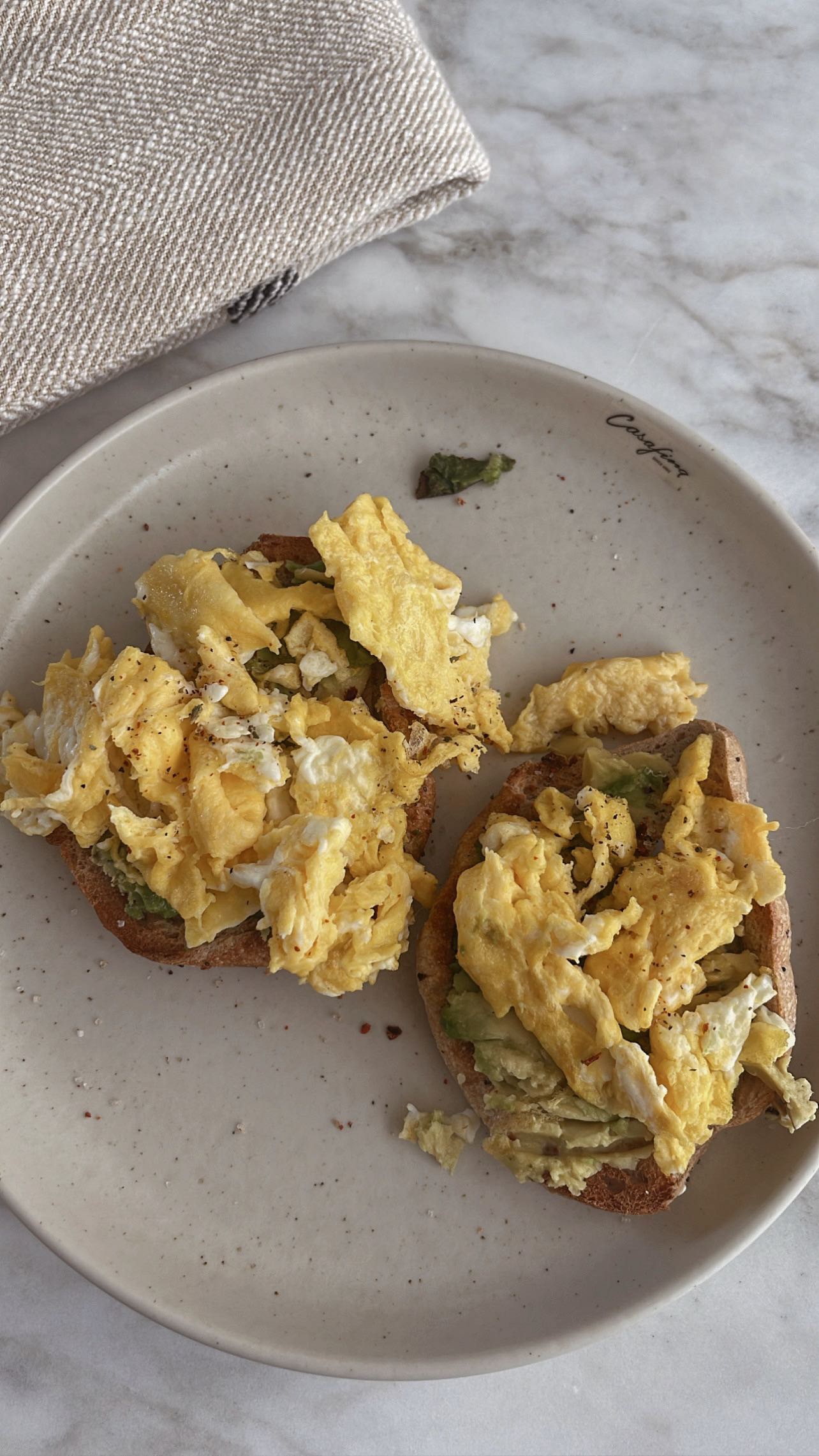If you’ve ever wondered what the differences are between prebiotics and probiotics, then you probably aren’t alone. While they’re beyond buzz words in the wellness community, it can be confusing as to which does what and why they’re both important for our gut health. Even though they sound similar, they each play very different roles in our overall gut health, and one is just as important as the other.
Probiotics are live bacteria found in certain foods or supplements that have numerous health benefits. They help digest our food, regulate our immune system, protect against other bacteria that cause disease and produce vitamins like vitamins B, B12 and K. Prebiotics are types of fiber that our bodies can’t digest, but that good bacteria (probiotics) can. Prebiotics feed probiotics, so you have to make sure you’re giving your biome the proper nutrients with both prebiotic and probiotic foods. The health of our entire body, including our brain, depends on the wellbeing of our gut microbiome. In order to maintain a happy balance, we need to fuel ourselves accordingly.
This study found that we are now at a much higher risk of depleted gut health because of sterile environments limiting our exposure to bacteria of all kinds, as well as modern agricultural practices that deplete the soil of powerful bugs and nutrients. Not getting the right combinations of prebiotic and probiotic foods can cause gut issues like digestive problems, changes in weight, food intolerances, mood changes, skin conditions and constant fatigue.
While you can take prebiotic and probiotic supplements – and there are plenty on the market – here’s a list of the best prebiotic and probiotics foods that you can add to your diet. What you do today can change the balance of your gut microbiome by tomorrow – so it’s not too late to get the proper nutrition your gut needs. I have had more than a few gut health experts on TBF Podcast, so if you want to learn more about all things gut health then check out the list of episodes at the end of this post!



